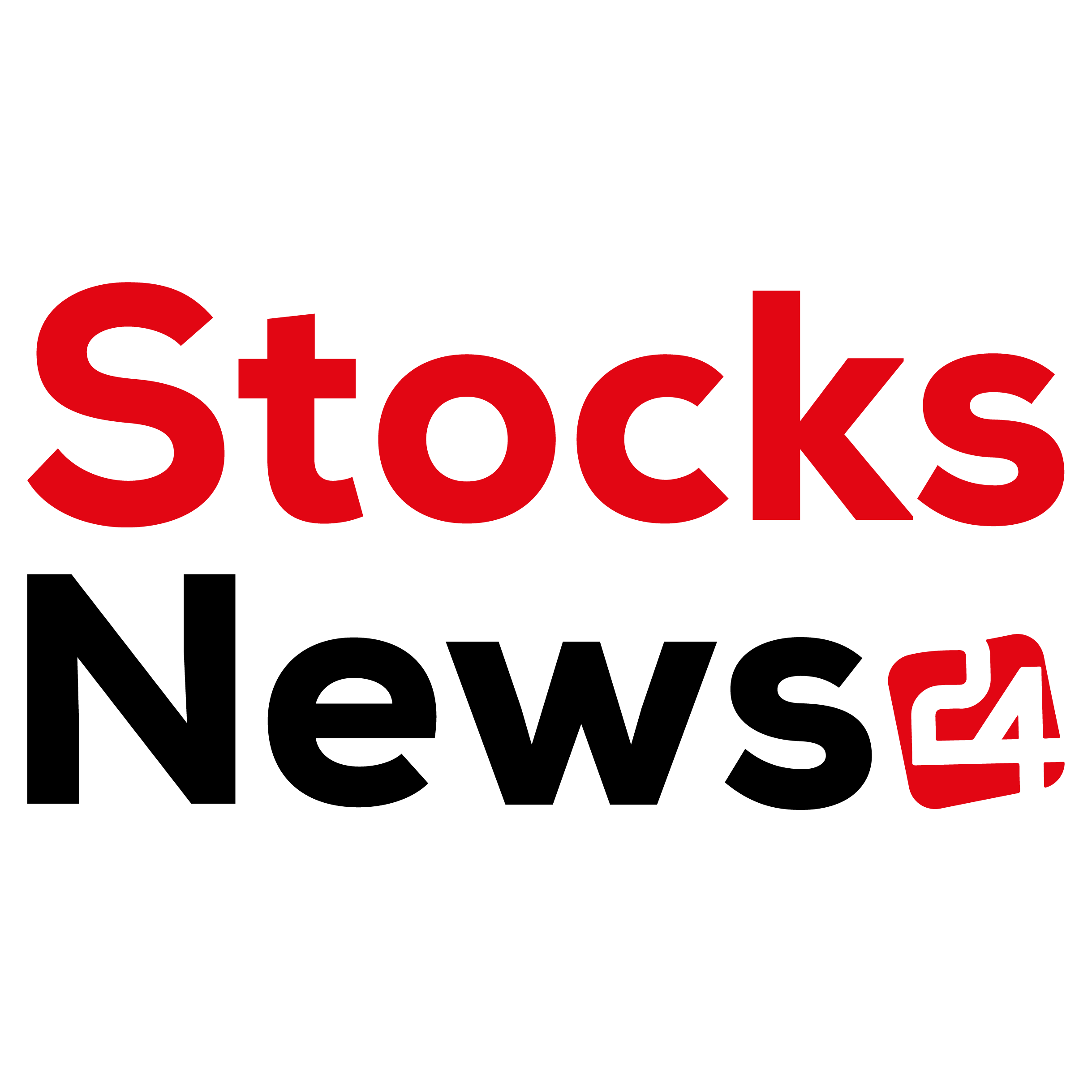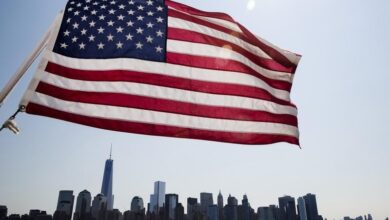American companies spent years in an economic boom. Then the coronavirus hit
Stocks News :
The U.S. economy was slowing last year, but many companies entered 2020 with reasons to be optimistic and expansion plans to match.
Hotel construction around the country had never been busier. Airline employment continued to climb to the highest levels in more than 16 years. Retail sales in December were up for a third straight month. And consumer spending reached an annual record of $13.28 trillion in 2019.
Then coronavirus hit.
Reeling from the whiplash, the CEOs of companies from Macy’s to Ford, from McDonald’s to American Airlines have all used the same word to describe the fallout: Unprecedented.
The blow has been swift and vast.
The country’s unemployment rate, at a roughly 50-year low in February, is now at levels not seen since the Great Depression. The U.S. lost a record 20.5 million jobs in April — and many economists have warned the jobless rate of nearly 15% doesn’t fully reflect the pandemic’s toll on the workforce.
The Covid-19 pandemic has been beyond the worst case scenarios that executives at many of the country’s largest companies had prepared for. Instead of a gradual slowdown, the coronavirus — and efforts to contain it — ground much of the economy to a halt. The crisis has forced companies to shutter stores for weeks, lay off employees, shrink budgets and shift to other business models — quickly.
The virus is likely to trigger an economic hangover that could last for years. It’s also prompted soul-searching as businesses plot out how they can bounce back. And it could cast a long shadow, permanently changing how companies spend money, sell goods and run their businesses, as new requirements spring up that could add to their costs.
Kenneth Rogoff, an economics professor at Harvard University and former chief economist at the International Monetary Fund, said the pandemic is a stark reminder that “out-of-the-box shocks happen.”
“You have to avoid drinking the Kool-Aid,” he said. “You can find lots of articles from the investment banks, from economists about how we’re in this remarkable period of low volatility. ‘Isn’t it wonderful?’ without any kind of sense of perspective that just because the market isn’t predicting a shock doesn’t mean that it’s not going to happen.”
A business plan called pandemic
Automakers saved billions in cash in preparation for an economic downturn — but even companies in the cyclical industry hadn’t predicted the extent of financial disruption brought by the pandemic.
“I never had a business plan that was called pandemic,” Ford CEO Jim Hackett said in an earnings call. He added: “we just never imagined the economy turning off.”
When it began as an outbreak in China, it wasn’t immediately clear how disruptive the coronavirus would become around the world.
Boeing’s CFO Greg Smith, on an earnings call on Jan. 29, called the impact of Covid-19 on air traffic in the near term “clearly a watch item this year.” General Electric’s CEO Larry Culp, when asked at a Feb. 19 industry conference about coronavirus impacts, said that “it’s just too early to call given none of us know just how quickly everybody will be getting back to work.” Both companies have announced job cuts in the last few weeks as airline customers for new planes post losses.
Before the disease spread globally, the impact of the pandemic began to show up in the form of supply chain constraints that made it harder to import goods or parts from China because of factories that were shut down there. Apple, for example, said it expected to have a shortage of iPhones.
In late February, Best Buy said the coronavirus outbreak in China was making it harder to stock stores with goods from the country such as computer monitors and video game systems. But the big-box retailer’s CEO Corie Barry said the company’s merchants knew how to deal with the inventory challenges because they dealt with the uncertainty of tariffs.
As the coronavirus began to spread in the U.S., shutting offices and schools, Best Buy tried to keep its doors open. It saw a burst of demand as thousands of people began to set up home offices, buy supplies to help their kids with remote learning and upgrade kitchen appliances. But by mid-April, it was hard to keep its customers and employees safe as the numbers of people with Covid-19 ticked higher. Best Buy announced plans to close its stores to customers, switch to curbside pickup only and furlough about 51,000 employees.
The number of cases was rising rapidly in cities like New York and Detroit. The pandemic brought global auto production to a standstill and shut down U.S. facilities, most of which remain closed. Consumers focused on the bare essentials, stocking up on groceries, prescriptions, cleaning supplies and other household items like toilet paper.





